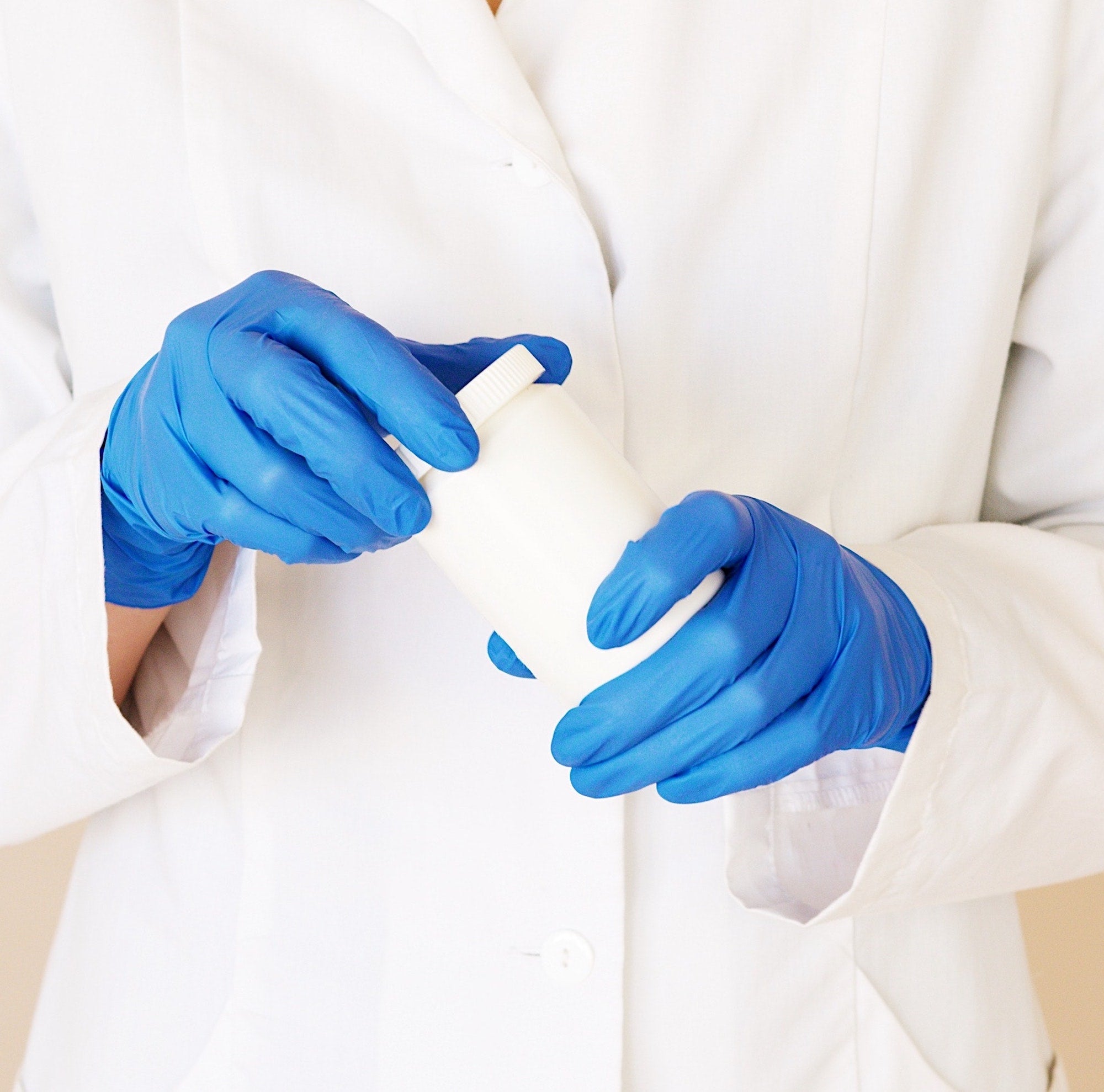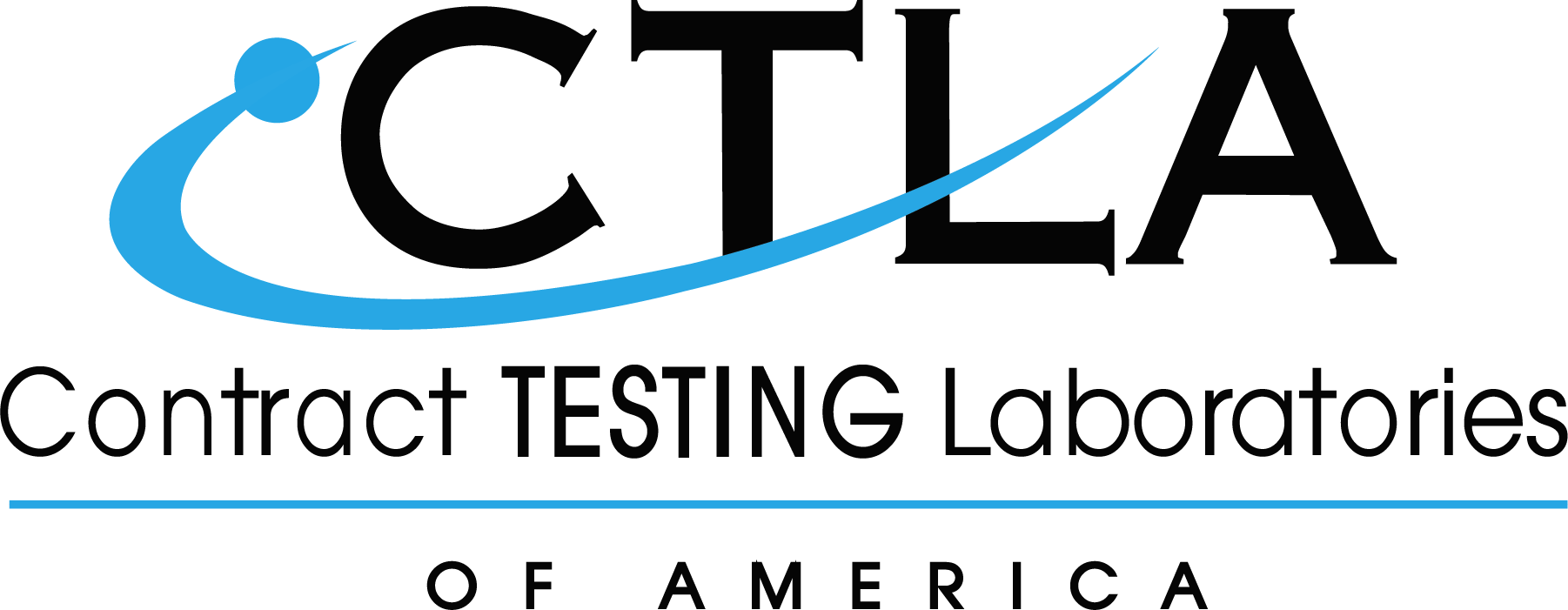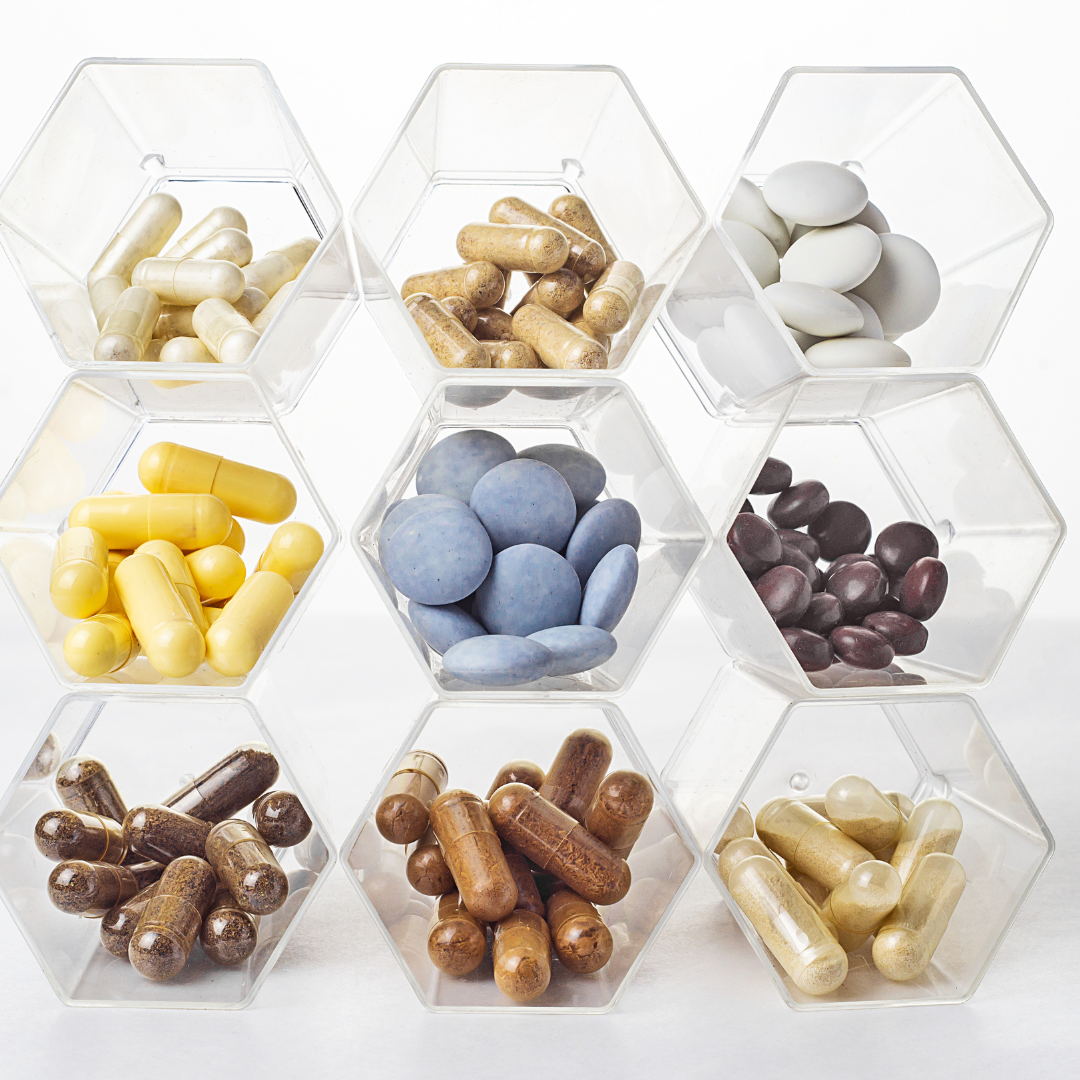
Testing Requirements for Dietary Supplements
Testing Requirements for Dietary Supplements
The robust dietary supplement market (globally worth over $151.9 Billion) provides entrepreneurs an exceptional opportunity. But, be warned; the increasingly educated consumer is not interested in just any supplement.
The supplement brands doing the best on the market provide consumers credible proof that the supplement is what it says it is. Consumers want to know the supplement is made with the highest quality ingredients, following current good manufacturing practices (GMP) as outlined by the US Food and Drug Administration (FDA).
In addition, online dietary supplement outlets like Amazon.com and in-store locations like CVS have stringent requirements for selling supplements through their platforms. Verifying product quality through unaffiliated third-party testing generates success in the dietary supplement market.
FDA Dietary Supplement Regulations
Dietary supplement ingredients cover a broad range from vitamins and minerals to amino acids to botanical herbs to probiotics. Different Supplements are used for different reasons. Some may fill nutrition gaps. Others support physical and mental health, increase energy and focus, and more.
Given the unlimited types and combinations of dietary ingredients, Title 21 of the Code of Federal Regulations (CFR) puts the responsibility on brand owners and manufacturers to determine the appropriate, scientifically valid testing method(s) to verify the identity, strength, quality, purity, potency, and composition of a supplement’s raw components and the final product. To break down those terms:
- Identity - Identifies the individual components contained in the raw ingredient or final supplement. (i.e calcium, curcumin, caffeine, melatonin, etc.)
- Strength - How much of the active ingredient is present (given in weight per serving)?
- Quality - The proven quality is based on validated testing methods and standards.
- Purity - Are there contaminates? (i.e. pesticides, heavy metals, etc.)
- Potency - Measures the activity or ability of the component to evoke a response at a given amount.
- Composition - The stability of the dietary supplement form.
The regulations appear vague, but they favor the brand owner and manufacturer. Why? Because there is not one testing method that fits all dietary supplements. For example, botanicals with possible heavy metal or pesticide contamination require different testing than laboratory-generated caffeine.
Brand owners and manufacturers are responsible for the safety and labeling of their products. A safe and consistent product is generated from initial ingredient testing, appropriate quality control testing during manufacturing, and final product testing.
The FDA does not approve or certify supplements, nor can they take regulatory action until after a supplement is marketed. It is the brand owner's responsibility to ensure the consumer receives what the product label claims. Third-party testing assures consumers of the product’s quality and catches problems early to reduce recalls. Proven high-quality dietary supplements draw loyal customers.
Misbranded or Adulterated Products
The 1994 Dietary Supplement Education and Health Act (DSEHA) prohibits the marketing of misbranded or adulterated products. But what exactly does that mean?
- Misbranded or mislabeled; A supplement is misbranded if testing shows the supplement’s contents do not match the per-serving amounts listed on the nutrition label.
- Adulterated; A supplement is adulterated (or changed) by adding a substance (intentionally or unintentionally) that reduces the quality of the product. Adulteration can happen based on water activity, moisture content, oxidization, pH level, temperature, etc.
Laboratory testing affirms the product meets GMP regulations and discovers possible issues that may cause unintentional adulteration.
Stages for Third-Party Dietary Supplement Testing
A supplement formula or desired supplement content and function is developed during the supplement design stage. This formula includes the amount per serving of given nutrients or herbs. Once the formula is determined, raw ingredients are acquired, verified, and tested for harmful contaminants.
Raw Ingredients
- The identity and purity of raw materials can be determined using various testing methods, including
- Fourier Transform Infrared Spectrometry (FTIR),
- High-Performance Liquid Chromatography (HPLC),
- Gas Chromatography coupled with Mass Spectrometry (GC-MS),
- High-Performance Thin Layer Chromatography (HPTLC),
- Ultraviolet LIght Visible Spectroscopy (UV-Vis), etc.
Each test provides pros and cons based on the ingredient in question.
A Certificate of Analysis (CoA) from an established trusted supplier may negate the need to conduct identity testing on every batch of incoming raw materials. To meet FDA’s GMPs, the supplier’s CoA must document the testing methods used and provide test results. Testing periodically despite using trusted CoAs provides confirmation while reducing production costs.
- Basic consumer safety tests on incoming materials allow manufacturers and brand owners to reject raw materials to reduce waste and costs. Again, depending on the nutrient or herb in question, general safety tests may include looking for harmful microorganisms, pesticides, and heavy metals.
Manufacturing
Testing during different stages of manufacturing ensures the supplement is properly mixed to provide the sought-after per-serving nutrient amounts.
Final Product
Once the final product is manufactured, chemical analysis determines if the product matches its label. Again depending on the constituents in the supplement, finished product nutrition label testing for identity, purity, strength, and composition can use a myriad of analytical testing methods to quantify nutrient amounts.
Additional final product testing includes:
- Stability (Shelf Life) Testing: to determine an appropriate shelf life claim or best-by-use date. This testing ensures the product’s nutrition levels stay at or above the per-serving amounts listed on the nutrition label for the claimed life of the product.
- Accredited third-party testing can generate required CoAs for marketing products on Amazon or other retail outlets.
The Advantages of Third-Party Testing with CTLA (Contract Testing Laboratories of America)
CTLA is a proven third-party testing laboratory with ISO/IEC 17025:2017 accreditation. As such, we are qualified to verify product ingredients and safety for third-party certification programs such as National Sanitation Foundation (NSF) International, Underwriter’s Laboratory (UL), and United States Pharmacopeia (USP), etc.
Our friendly staff will walk you through FDA’s GMPs and the various appropriate testing methods applicable to your product. We can discuss the pros and cons of each testing method to help meet your dietary supplement testing needs.
In addition, we specialize in testing and documenting CoAs to meet Amazon’s requirements for listing dietary supplements. You can rely on CTLA’s experience to save money and time. Contact us today and discover the benefits of having CTLA on your team.
Article by Jae O. Haroldsen
The content of CTLA’s website is for information only, not advice or guarantee of outcome. Information is gathered and shared from reputable sources; however, CTLA is not responsible for errors or omissions in reporting or explanation. CTLA gives no assurance or warranty regarding the accuracy, timeliness or applicability of the content.
Sources:
“Dietary Supplements.” Food & Drug Administration. 2022.
https://www.fda.gov/food/dietary-supplements
“Dietary Supplements Market Size, Share & Trends Analysis Report By Ingredient (Vitamins, Minerals), By Form, By Application, By End User, By Distribution Channel, By Region, And Segment Forecasts, 2022 - 2030.” Grand View Research. 2021. https://www.grandviewresearch.com/industry-analysis/dietary-supplements-market
“Dietary Supplements.” Amazon Seller Central. 2022. https://sellercentral.amazon.com/gp/help/external/55N3JF2WQS7RVNE
“CVS Pharmacy Launches 'Tested to Be Trusted' Program for Vitamins and Supplements, Launches Self-Care Campaign to Highlight Purpose-Led Initiatives and Expanded Product Assortment.” CVSHealth. 2019. https://www.cvshealth.com/news-and-insights/press-releases/cvs-pharmacy-launches-tested-to-be-trusted-program-for-vitamins
Myers, Steve. “Identity, Purity, Strength, Composition: Testing Under the Dietary Supplements GMPs.” National Product Insider. 2014. Identity, Purity, Strength, Composition
“Federal GMPs for Dietary Supplements.” National Products Association. 2022. https://www.npanational.org/regulatory/federal-gmps-dietary-supplements/







